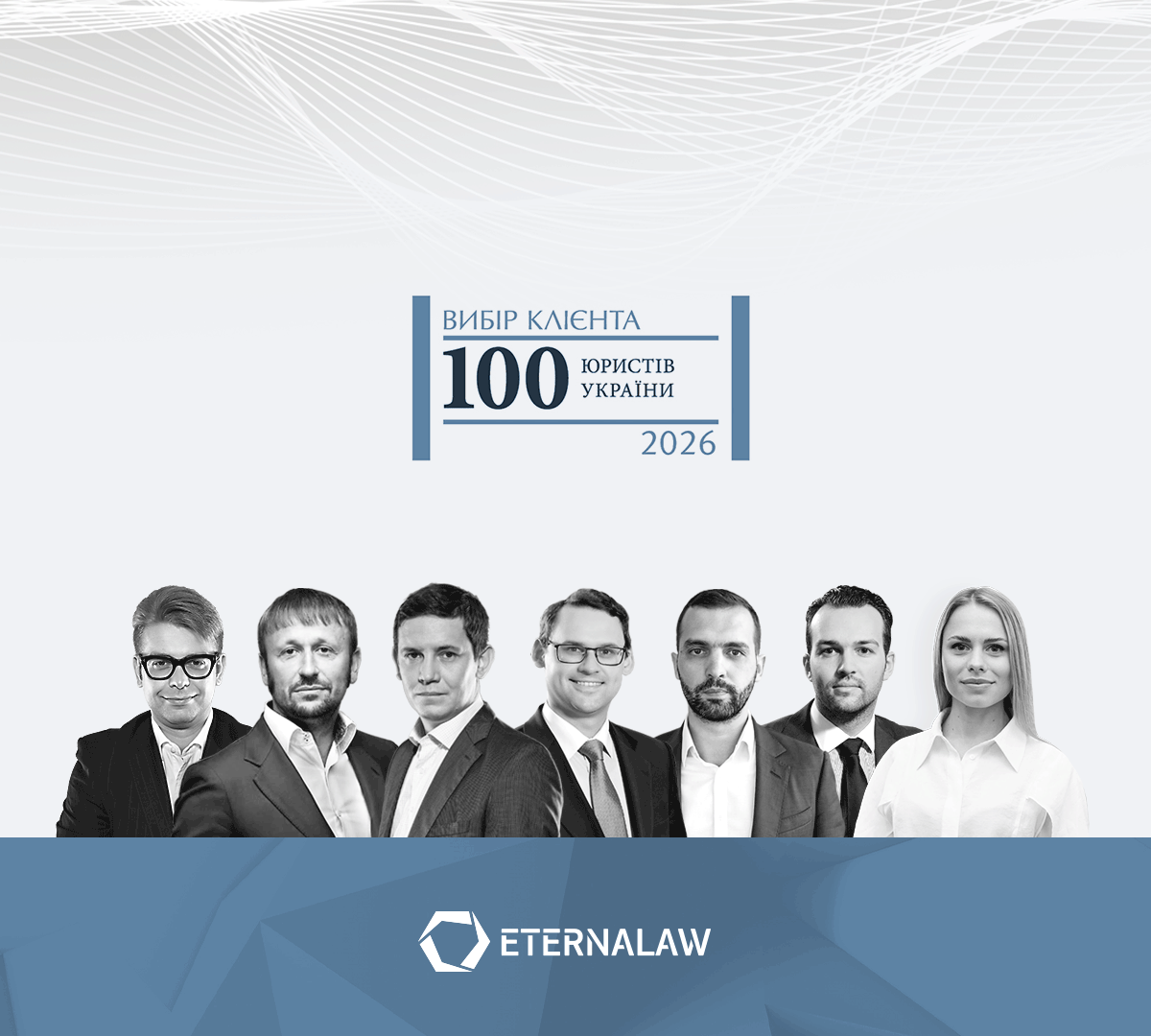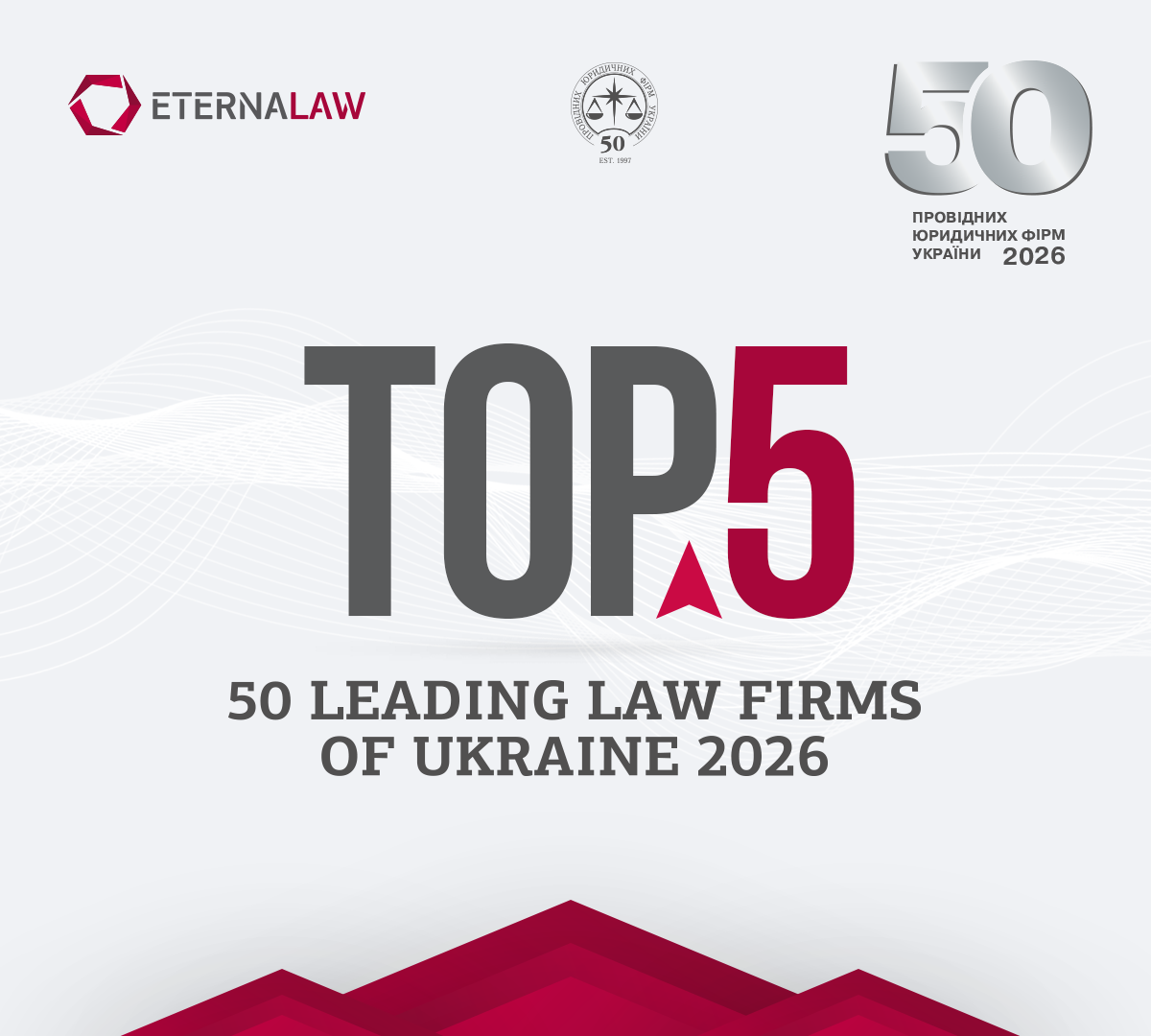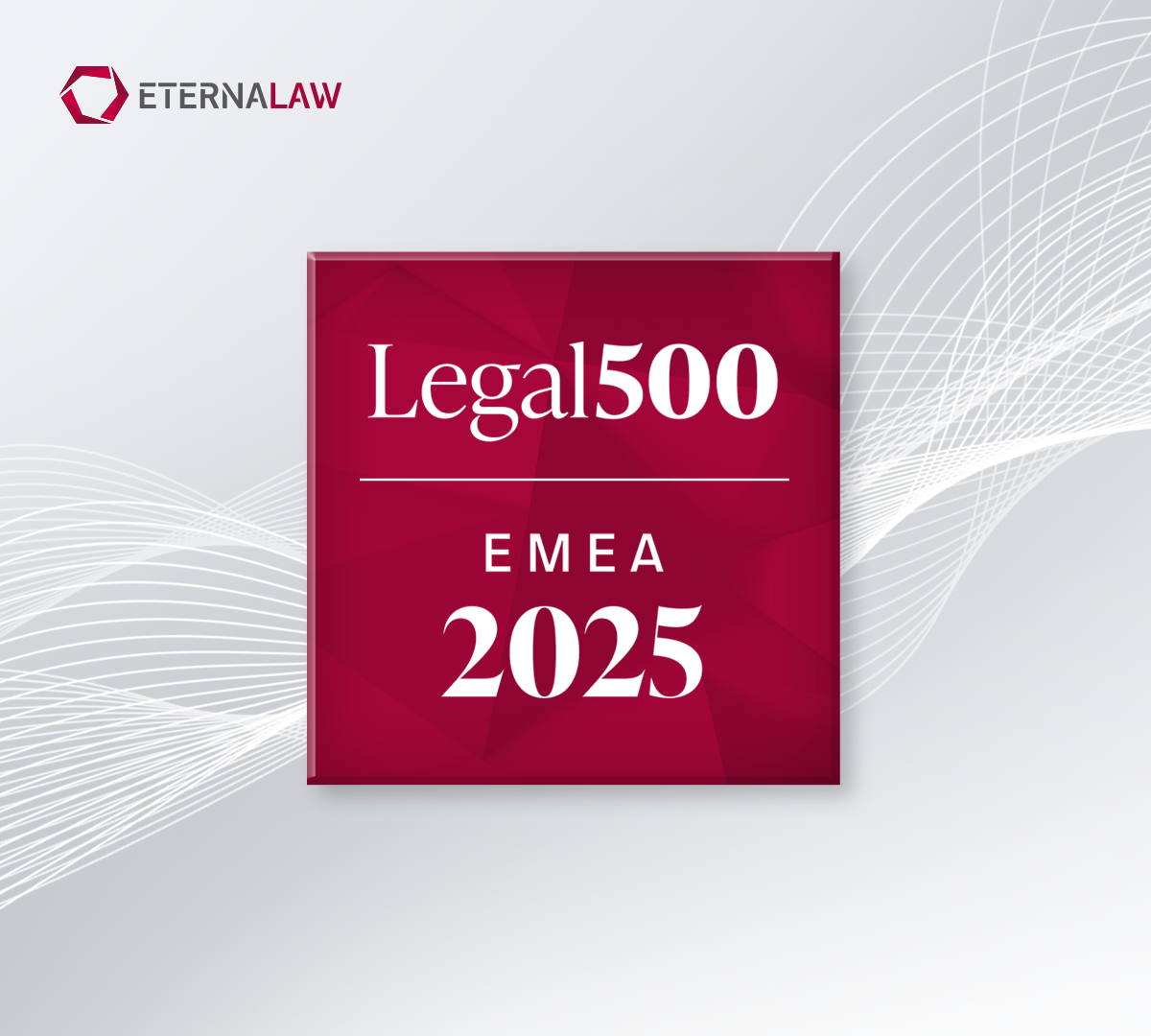Аuthors:
The amount of damages incurred by Ukraine as a result of the armed aggression of the Russian Federation continues to grow. According to calculations conducted by the Kyiv School of Economics, as of November 2024, the amount of damages caused to Ukrainian infrastructure as a result of the armed aggression reached USD 170 billion. Accordingly, Ukraine continues to actively seek legal mechanisms to recover the damages incurred.
The Current Situation Regarding Frozen Russian Assets
According to the latest official estimates provided by The Russian Elites, Proxies, and Oligarchs (REPO) Task Force, consisting of the Group of Seven (G7), European Union (EU), and Australia, the total amount of frozen Russian sovereign assets held in the respective jurisdictions came to USD 280 billion. Experts cite an even higher figure, ranging between USD 300 billion and USD 330 billion.
At the same time, more and more countries are advocating the creation of a compensation mechanism for Ukraine, which would allow it to compensate for the damages caused by the Russian Federation at the expense of its frozen assets. In particular, in March 2024 members of the Committee of the Council of States – the upper chamber of Swiss Parliament – called for the Switzerland’s participation in the creation of such a mechanism for Ukraine. The country has taken a relatively moderate position on the issue of frozen Russian assets in recent years. Earlier, this proposal had been supported by the corresponding Committee of the National Council , the lower chamber of Swiss Parliament.
Developments Regarding International Compensation Mechanism
The number of open categories of claims for compensation that can be submitted to the Register of Damages continues to grow. As of 25 June 2025, the eleventh category of claims was opened, concerning the loss of access or control by individuals over immovable property in the temporarily-occupied territories.
Moreover, in May 2025, the second meeting of the Intergovernmental Negotiation Committee, comprising of representatives of over 50 states, the European Union and the Council of Europe, took place in the Hague, during which discussions were held on the text of an international treaty to establish a Claims Commission for Ukraine (INC) – a second part of establishing a comprehensive international compensation mechanism to ensure accountability and justice for victims of Russia’s aggression against Ukraine.
However, while the creation of such a mechanism and related initiatives are being actively discussed, victims of Russian aggression also continue to take steps to obtain compensation for the damages incurred and are seeing positive results.
Recognition and Enforcement of the Decisions against the Russian Federation in Foreign Jurisdictions
Thus, in October 2024, Naftogaz of Ukraine and five companies of the Naftogaz Group secured the seizure of Russian sovereign assets in Finland, estimated at tens of millions of dollars, as part of the recognition of the Award of the Arbitral Tribunal at the Permanent Court of Arbitration, dated 12 April 2023, which ordered the Russian Federation to pay Naftogaz USD 5 billion in compensation for the illegal expropriation of Naftogaz assets following the 2014 annexation of Crimea.
And in April 2025, Naftogaz recognised and obtained permission to enforce the relevant decision in France, which paved the way for it to begin legal recovery efforts in France to satisfy the Award.
In addition, Oschadbank JSC achieved recognition in France the Arbitral Award issued in 2018 by the Tribunal at the Permanent Court of Arbitration upon the claim against the Russian Federation for more than USD 1.11 billion in compensation for damages incurred by Oschadbank as a result of Russia’s illegal expropriation of Oschadbank assets in Crimea.
In April 2025, as part of the enforcement of the relevant Award, sovereign assets of the Russian Federation worth approximately EUR 87 million located in France were seized.
In summary, we can say that all of the above-mentioned developments demonstrate that the issue of compensation for damages incurred as the result of the armed aggression of the Russian Federation against Ukraine remains extremely important, and that the relevant mechanisms for compensation of damages continue to develop and bring tangible positive results.



